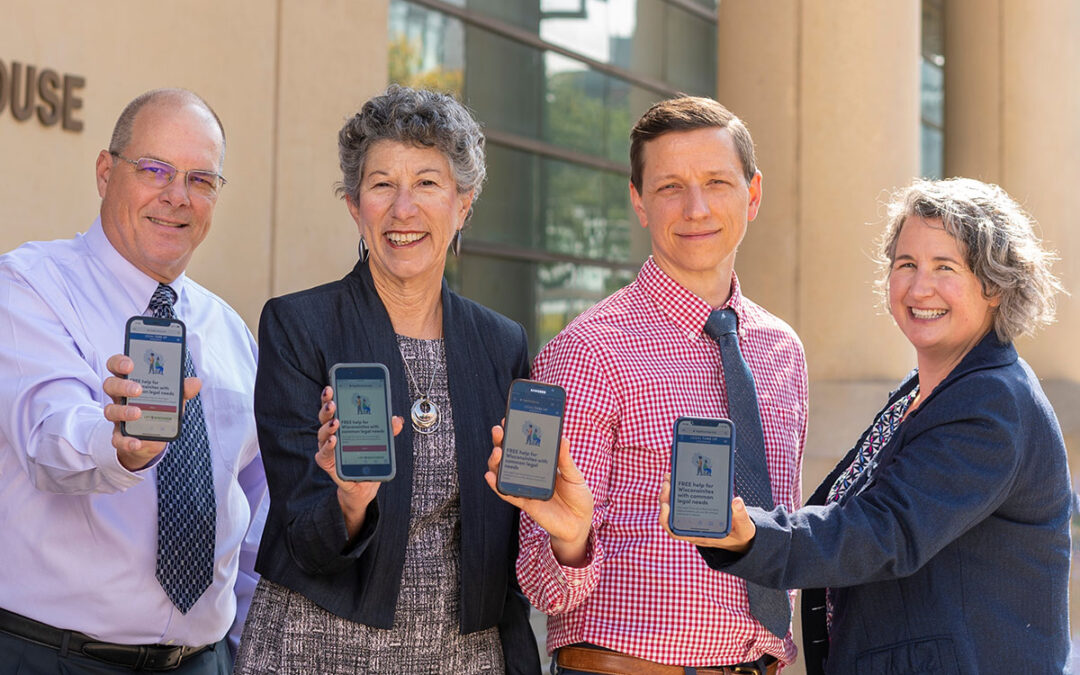The legal innovator award recognizes LIFT Wisconsin’s Legal Tune Up, an online app developed on behalf of the thousands of Wisconsin residents who have criminal or eviction records that prevent them from accessing employment or housing opportunities. The Legal Tune Up, the app created by social justice initiative LIFT Wisconsin, provides residents a chance to clear their records and move forward with their lives by enabling them to find publicly available – but tricky to access and make sense of – data in state or county databases. The app then allows them to create and file the needed paperwork.
LIFT Wisconsin stemmed from a common realization of the catch-22 faced by people with certain types of records and no resources to access legal assistance. The immediate impetus was a challenge competition initiated by Schmidt Futures, a nonprofit founded by Google CEO Eric Schmidt and his wife, Wendy, for public universities to create technology solutions to increase their community’s prosperity.
“Our proposal embodied a very technology-based solution,” says Marsha Mansfield, director of LIFT Wisconsin, a collaboration among civil legal clinics at the University of Wisconsin Law School, the Economic Justice Institute, the Center for Patient Partnerships, Legal Action of Wisconsin, and the Employment and Training Association, Inc. “What if we could make it easy for people to use a computer or a phone to access the same public data that employers and landlords and others are accessing?” she says.
The project has faced challenges in working with governmental agencies to make the data usable and understandable to lay people, given that such agencies often have very old systems for maintaining data and are not accustomed to working with a nonprofit organization trying to help individuals, Mansfield says. “If you ever tried to look at your driver’s license record, depending on how many violations you have, it can be very long, complicated, and difficult to understand,” she says.
Sarah Davis, assistant director of LIFT Wisconsin, says the organization hopes the project will not only help those affected with specific data, but also instill in them a sense that the law can be a solution to their problems. “We want people to have legal health – like having a dental appointment or getting their oil changed,” she says. “We’re also trying to change mindsets and behaviors within these public agencies.”
Landlords, employers, and universities that use such data to make housing, hiring, or admissions decisions are “repeat players” who have systems in place and people whose job it is to access such records, Davis notes. “As individuals, it’s not something we’re habitually doing,” she says.“These systems aren’t designed for it to be easy for a layperson to take care of these things.”
Mansfield believes that “many lawyers are absolutely wonderful innovators” who “think creatively and think outside the box” in solving problems. “What’s important to me is that we amplify this message and work collaboratively across disciplines,” she says. “That means the government as well as nonprofits as well as private attorneys. We’ve had some wonderful partnerships and support from the private bar in making this a reality.”
The Schmidt Futures challenge encourages LIFT Wisconsin to think more boldly and audaciously, Davis says. “It is really easy when you’re doing public interest law to be in a scarcity mindset – can we get enough money to hire a half-time person?” she says. “It’s better to try big and fail, because you will accomplish a lot in that process, than to not go for it.”
Pictured above are members of the LIFT Wisconsin team (from left): Jon Danforth, Marsha Mansfield, Mitch, and Sarah Davis.
To read the full article about all of the State Bar of Wisconsin’s 2021 Legal Innovation Awards, click here:

